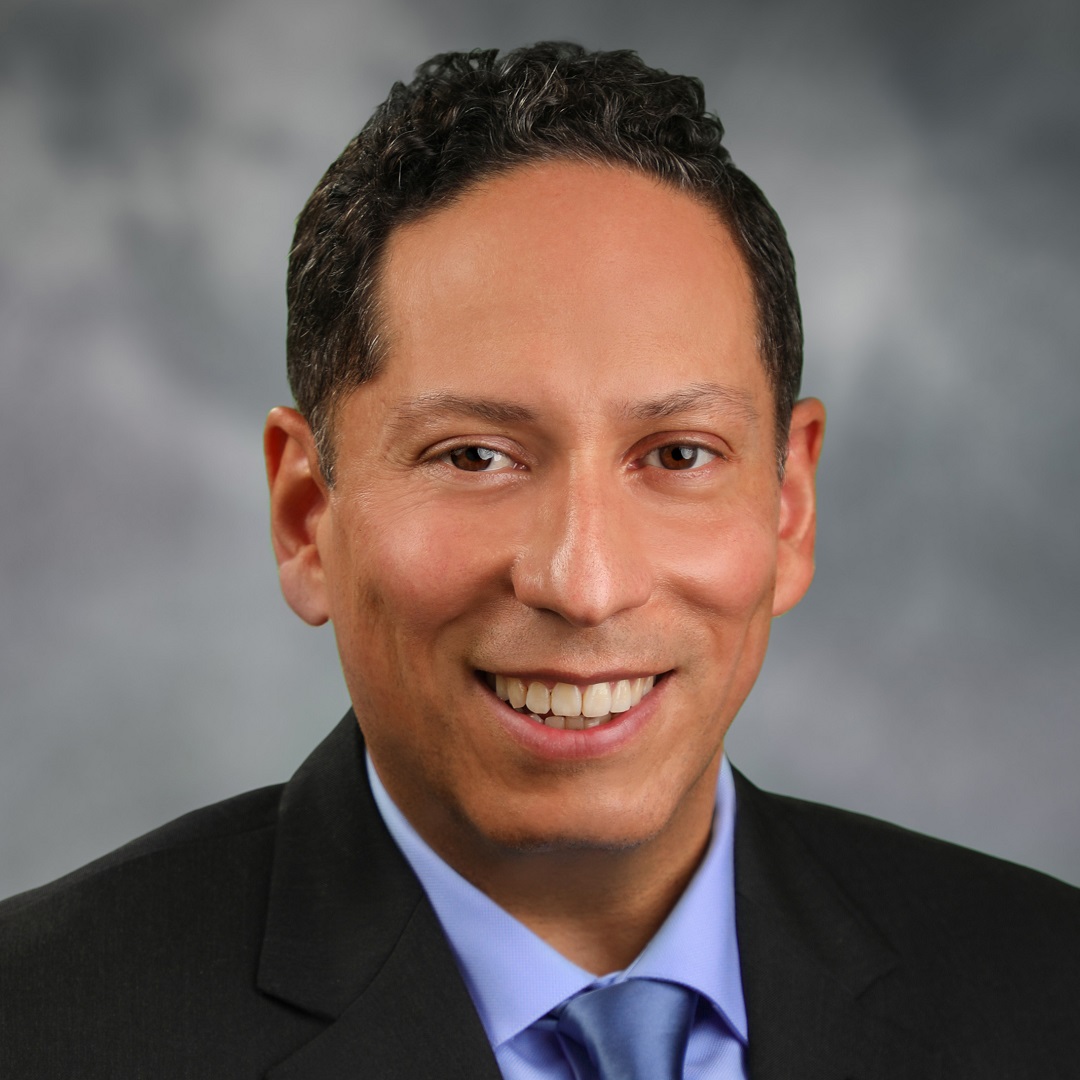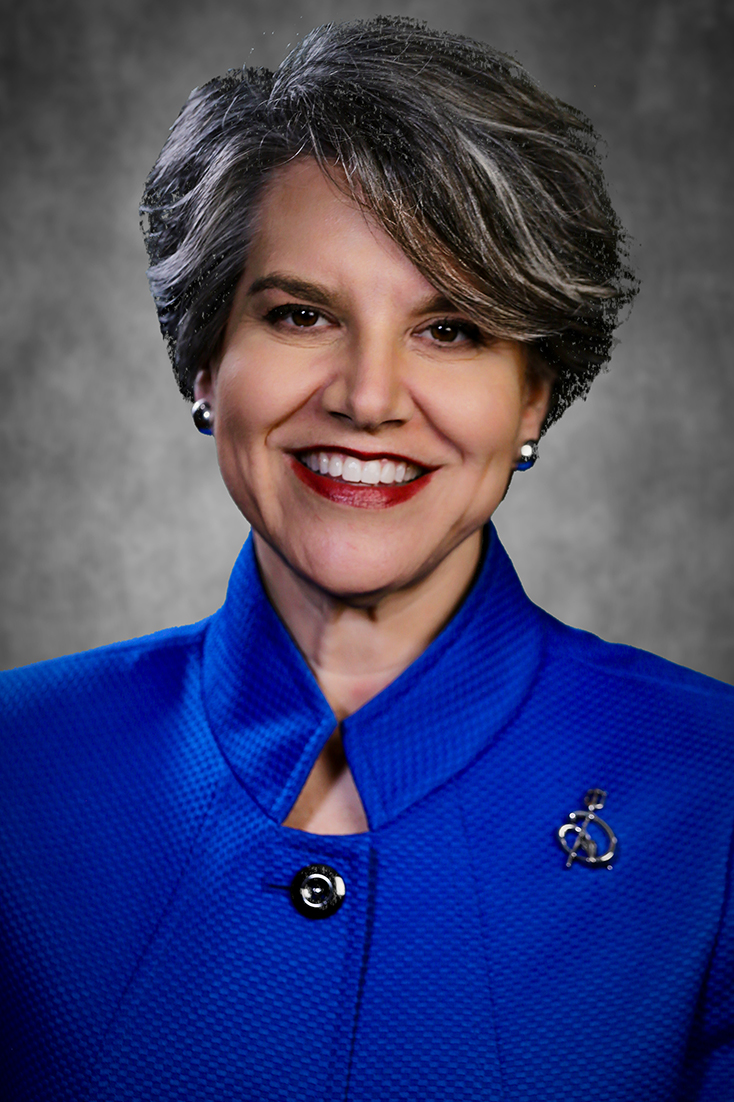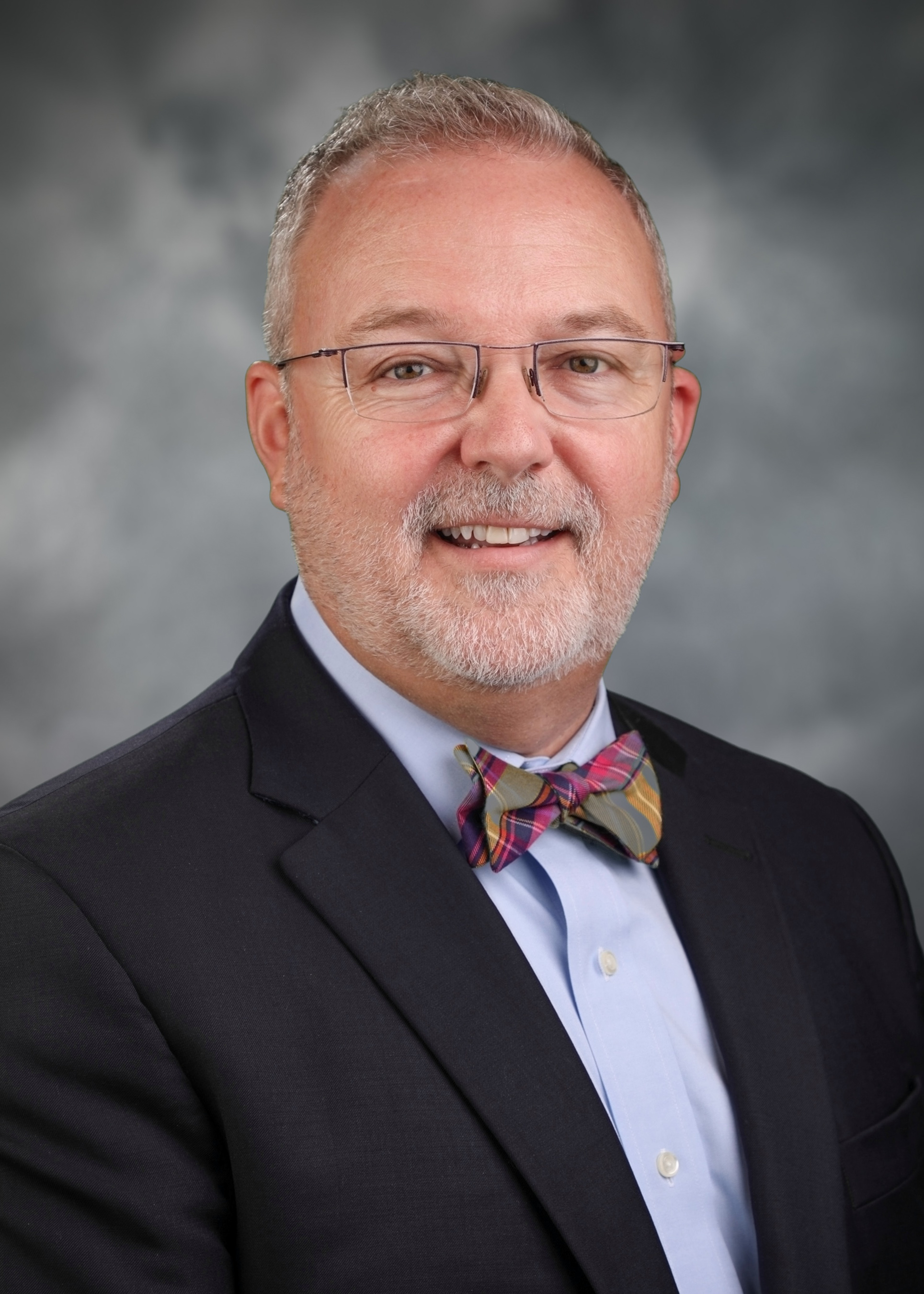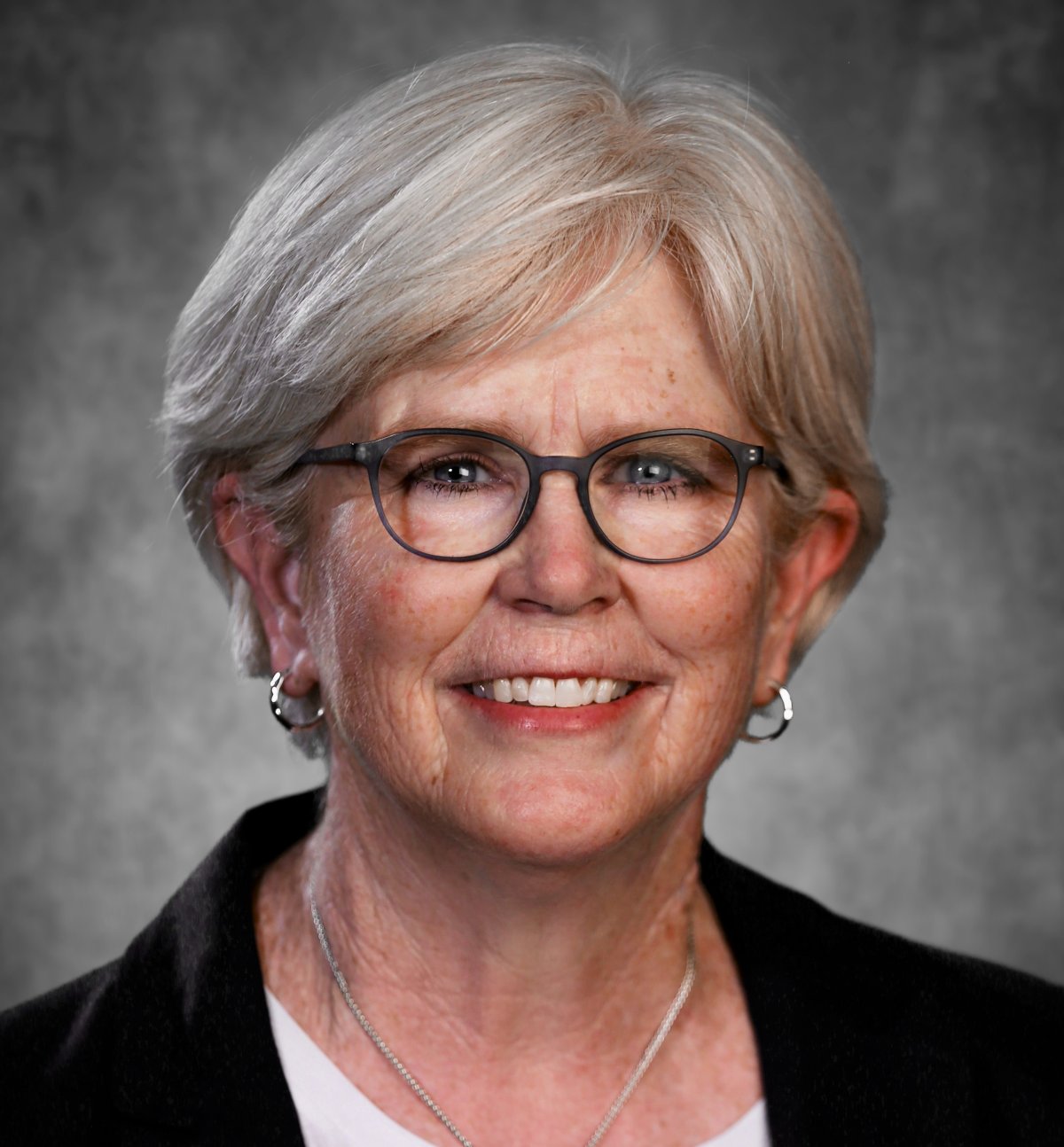School of Nursing Leadership Visits East Africa to Strengthen Collaboration
Recently, for the first time in the Duke University School of Nursing’s history, senior leaders: Vincent Guilamo-Ramos, PhD, MPH, LCSW, RN, ANP-BC, PMHNP-BC, FAAN, dean, Duke School of Nursing, Sharron Docherty, PhD, PNP, FAAN, vice dean for research, Valerie Sabol, PhD, MBA, ACNP, CHSE, GNP, ANEF, FAANP, FAAN, interim vice dean for academic affairs, and Michael Relf, PhD, RN, ACNS-BC, AACRN, ANEF, CNE, FAAN, associate dean for global and community health affairs traveled to one of the school’s regional global sites in East Africa.

The team visited partners in Tanzania and Rwanda to strengthen and learn about mutually beneficially research and clinical opportunities and how to best continue collaborative efforts with local leaders and providers to address the area’s health needs. While there they were there, the leaders focused on supporting East African health leaders and their need for a trained nursing workforce; addressing health concerns in the region including maternal health and sexually transmitted diseases; and exploring the effects of climate change and social determinants of health on the population. The deans also met with partners to discuss how DUSON students can be helpful in providing support while gaining valuable education and experience. Sabol said watching students in the partner clinics, she noted how it not only fostered curiosity and ownership of the students’ professional development, it pushed them to recognize that ‘practice-ready’ is really about having an ongoing and dynamic growth mindset.
“Meeting with our academic-clinical partners in East Africa was a strong reminder that we, as nurse educators, practitioners, and scientists, all have different but equally important roles to play in achieving health equity and social justice,” Sabol said.” We are far more likely to be successful if, like our students, we continue to be curious together.”
In Tanzania, the deans toured and met with clinical and faculty leaders at the Pasua and Majengo Health Centers, Kilema Hospital and the Kilimanjaro Christian Medical College School (KCMC) of Nursing and Midwifery. Relf said DUSON students participating in the global clinical/cultural immersion experiences (GCIE) typically spend four weeks in clinical residency at partnering sites.
At the Tanzania health centers in Moshi, many of the clinics are nurse-managed, Relf said. DUSON students placed there can work alongside nurses who are implanting Intrauterine Devices (IUDs), prescribing birth control, and assisting with other reproductive health care. “They will see 60 to 100 people in a few days and get profound real-world experience with reproductive healthcare and decision-making,” Relf said, noting that in a comparable U.S. clinic, students might see a quarter that number.
DUSON students are placed in settings appropriate to their focus area, ranging from neonatal clinics, pediatric clinics that deal with immunizations, a rehydration clinic for children with diarrheal diseases, and non-communicable disease (NCD) clinics for patients with hypertension, diabetes and kidney disease. One of the most noteworthy aspects of the student experience, Relf said is because lab testing and diagnostic resources are scarcer in the region, nurses must rely on their intellectual, knowledge, and clinical assessment skills to make diagnoses and come up with a treatment plan. “Our students have the capacity to have an absolute care continuum experience that is in so many ways more meaningful.”
Tanzania and Rwanda, like much of the world, are both facing a growing burden of NCDs. Because there remains a host of infectious diseases such as HIV, tuberculosis, malaria, and the emerging Marburg virus, this creates a more complicated health situation for people in the region. While a growing life expectancy reflects improved health outcome, in East Africa, it’s coupled with more communicable disease spread and significant maternal and child mortality. Rwanda, in particular, faced a genocide 30 years ago where a million people were killed and three million more fled the country. The result is a country where 50 percent of the population is below the age of 20. Docherty said DUSON is enthusiastic about building its research collaborations.
“Wherein scholars from DUSON and University of Rwanda bring together complementary skills to examine how Social Determinants of Health (SCDOH) play a role in exposure and resilience of the complex health problems that are plaguing both countries,” Docherty said. She mentioned that Bazirete the faculty in the School of Nursing and Midwifery at the University of Rwanda have clear expertise in developing and implementing nurse led models of care around critical health issues such as maternal and infant mortality, and care models for people living with HIV. “We have much to learn from each other.”
Globally, and in these two countries, nurses are the largest cadre of health care providers. DUSON partners with institutions in the region to continue to develop and expand nursing education. Similar to DUSON, the University of Rwanda School of Nursing, led by Dean Oliva Bazirete, offers multiple nursing specialties, and recently launched the master’s in midwifery program. The university also boasts a robust PhD program – the only one in Central and East Africa – that prepares nurse scientists.
During the visit to the school, Ramos presented a workshop for faculty and doctoral students on Social Determinants of Health (SDOH). “A paradigm shift toward mitigation of harmful social determinants of health is needed to address the inequities that impact global health,” Ramos said. “Preparing highly skilled nurses, as the largest healthcare workforce, is key to this effort in Rwanda and across the globe.” Additionally, DUSON leadership met with government leaders in Rwanda’s Ministry of Health, keen on also developing a Doctor of Nursing practice program, specifically in pediatric health.
“When they launch the DNP program, that will be the first DNP program on the African continent,” Relf said, noting that DUSON, as a school of excellence in DNP education, will look to the University of Rwanda’s nurse led model of care to learn about not only mutually beneficial clinical and educational opportunities, but also research opportunities as they move forward with the program. DUSON faculty in the past has worked with the university on research focused on HIV, stigma, intimate partner violence and women with HIV.
Mental health is also a concerning issue in the region. DUSON Assistant Professor Brandon Knettel continues his research in Tanzania about the role mental health plays for people who are facing significant physical health challenges. During the deans visit, there was a decision to move to expand the research and outreach into Rwanda. “The intergenerational impact of violence and genocide and trauma remains,” Relf said. “So, there is significant mental health needs and there’s opportunity for our school to partner, with their guidance, to address some of their mental health priorities.”
The genocide and departure of millions of citizens also left a scarcity of providers, Relf said, noting that there were only 300 nurses left in the country, no midwives, and one psychiatrist. The priority was getting providers trained and back on the ground. While the workforce numbers have improved, Rwandan leaders have expressed pedagogical needs for clinicians who are also teachers, so they can continue to educate and develop future health care workers. DUSON will work with government and university leaders to help provide this pedagogical training. “We value partnership, it needs to be bilateral and each organization is going to have different needs and different wants, but it will also bring different things to the table,” Relf said.



